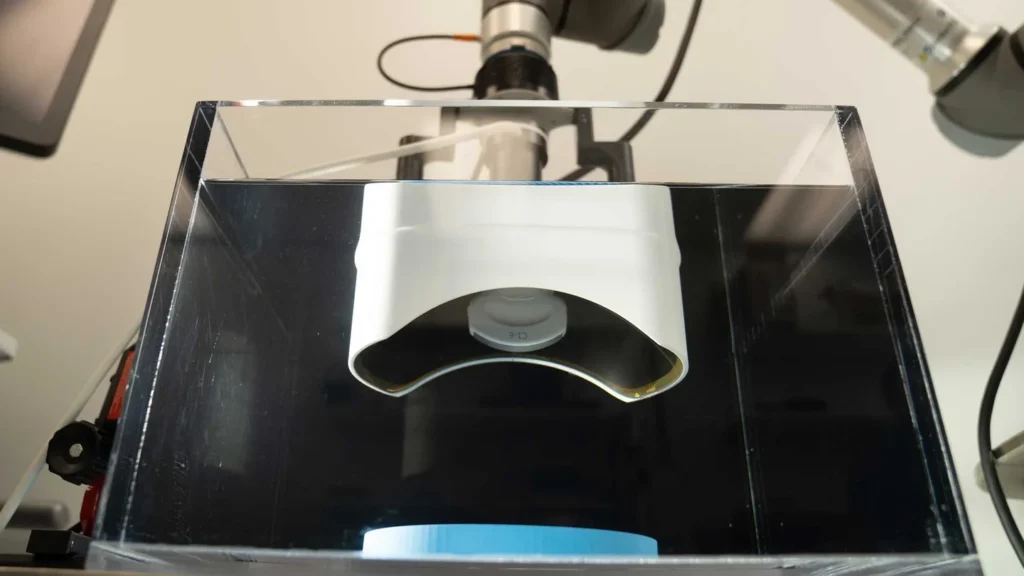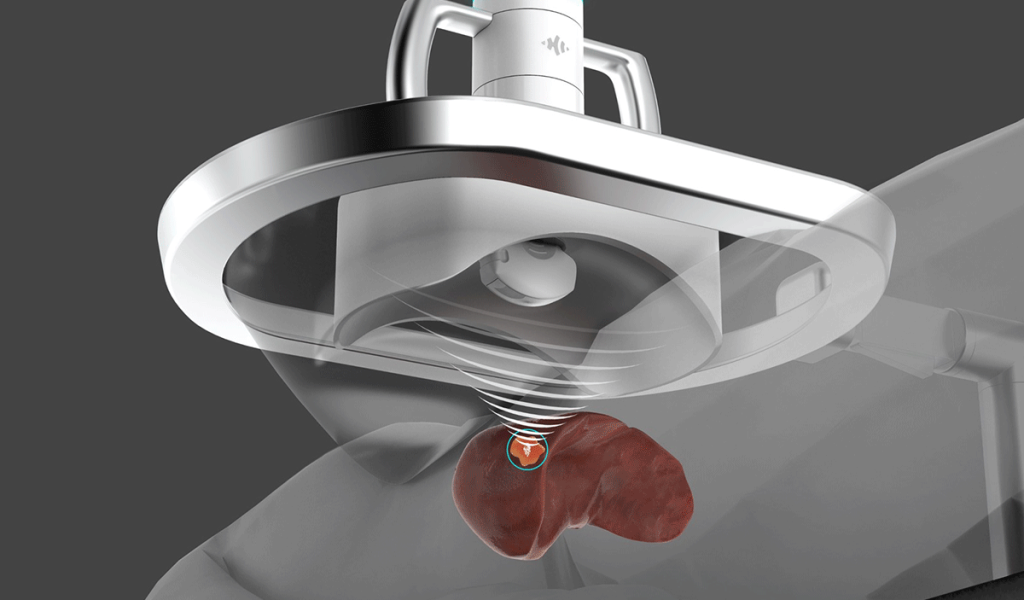
Non-invasive Device Uses Sound Waves to Destroy Tumors
The technology got the green light from the FDA and will soon be ready for patients in the United States
This week, the US Food and Drug Administration approved a device that uses sound waves to break up liver tumors. This method, named histotripsy, doesn’t need needles, shots, surgery, or medicine.
It was created by HistoSonics, a company started by engineers and doctors from the University of Michigan in 2009.

As per an official statement, this approval follows successful clinical trials showing the device’s ability to safely and effectively eliminate liver tumors. Hospitals can now acquire this device to provide it as a treatment option.
The machine operates by sending strong ultrasound waves at the tumor in precise bursts, creating tiny bubbles within it. When these bubbles form and burst, they put pressure on the tumor’s cells and tissues, breaking down its internal structure into small fragments that the immune system can then clean up.
Here’s the step-by-step process:
- Patients receive anesthesia.
- A device that looks like virtual reality goggles is placed on their abdomen.
- Doctors use a control screen to locate the tumor and aim the sound waves.
- The procedure is quick and painless, and recovery is short.
A paired imaging machine helps ensure the sound waves target the tumor while avoiding other body parts. A robotic arm can adjust the device for better accuracy.
This process also helps the patient’s immune system recognise tumor cells as threats, reducing the chance of recurrence or spreading, as seen in 80 percent of mice in tests.

While the device’s approval is a significant advancement in cancer treatment options, using sound waves in medicine is not new. Another system, the Exablate Prostate by Insightech, was cleared by the FDA for human trials in prostate cancer patients (though clearance isn’t the same as approval).
Nevertheless, the results have been promising. The histotripsy technique is also being explored in preclinical experiments for tumors in various parts of the body, like kidney, breast, pancreas, and muscle and bone cancers.
Apart from tumors, a similar method called lithotripsy, using shock waves, has been employed to break up painful kidney stones into smaller pieces, making it easier for patients to pass them.
You can see the device in action below:
Never miss any important news. Subscribe to our newsletter.
Related News


British Investor Who Predicted US Slump Warns of Next Crash

I’m a Death Doula: 4 Reasons I Believe Death Isn’t the End


Tech to Reverse Climate Change & Revive Extinct Species

AI Unlocks the Brain’s Intelligence Pathways

XPENG Unveils Iron Robot with 60 Human-like Joints

Can AI Outsmart Humanity?

11 ChatGPT Prompts to Boost Your Personal Brand

Keir Starmer Hints at Possible Tax Hikes on Asset Income

Navigating the Future of AI: Insights from Eric Schmidt
